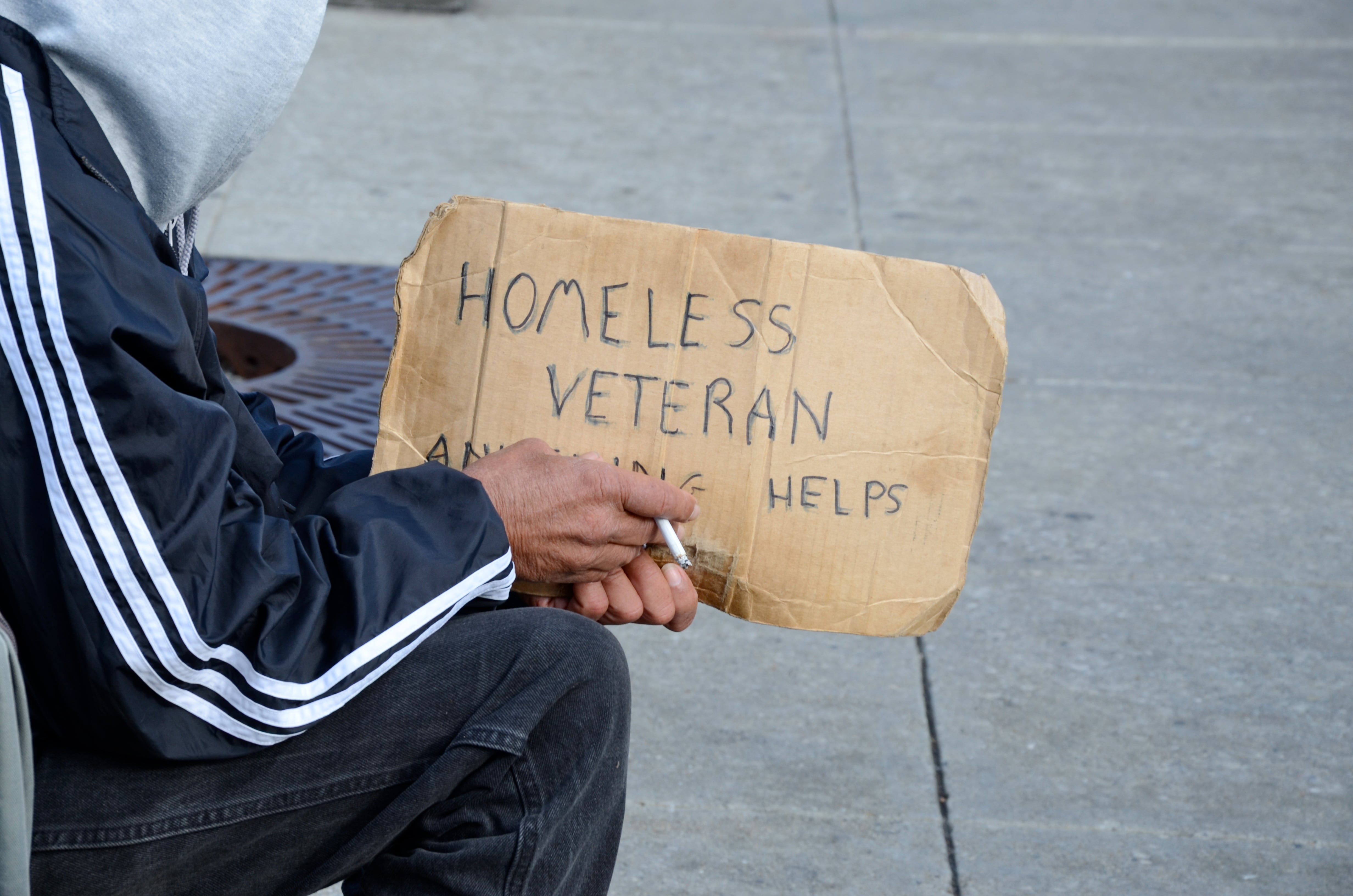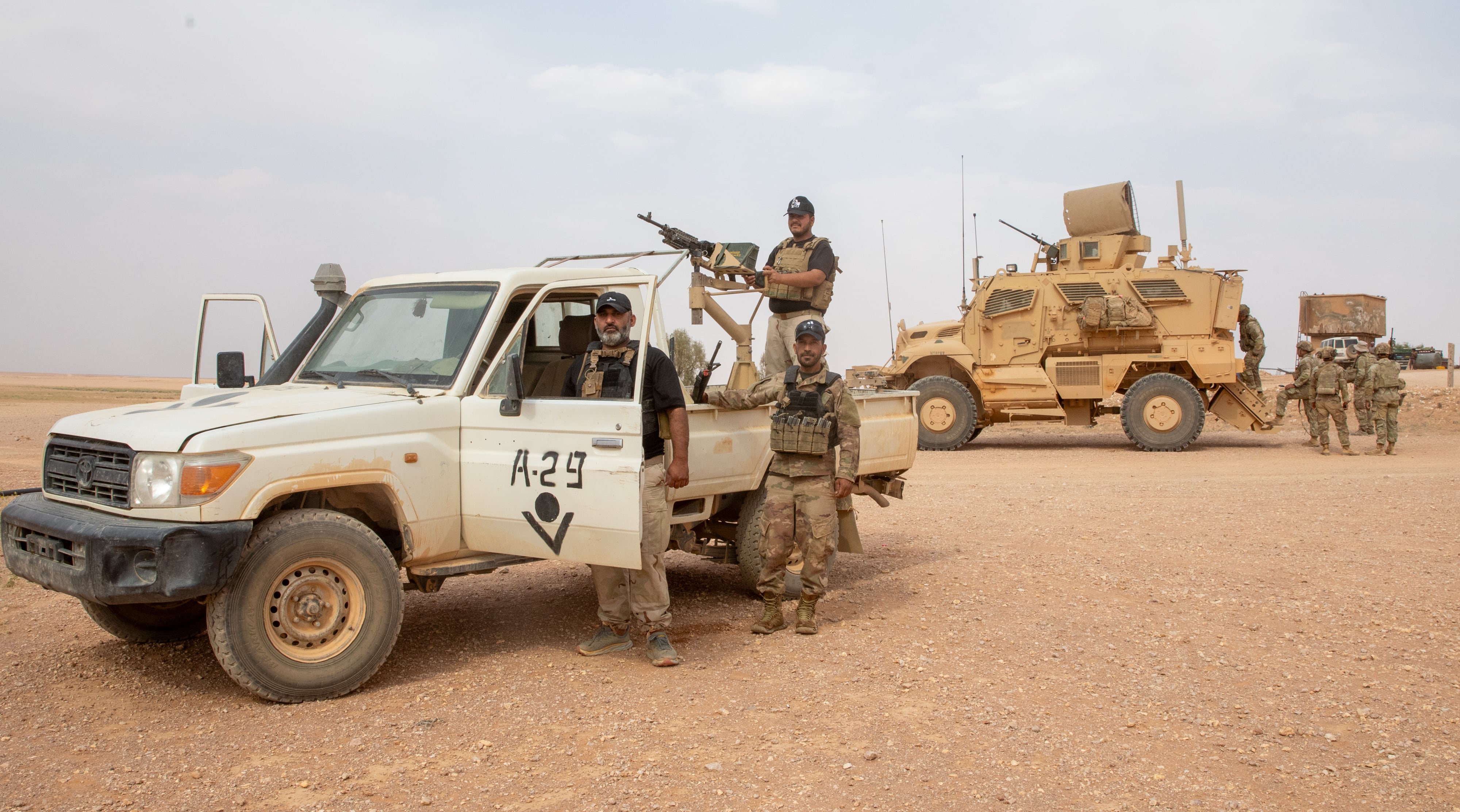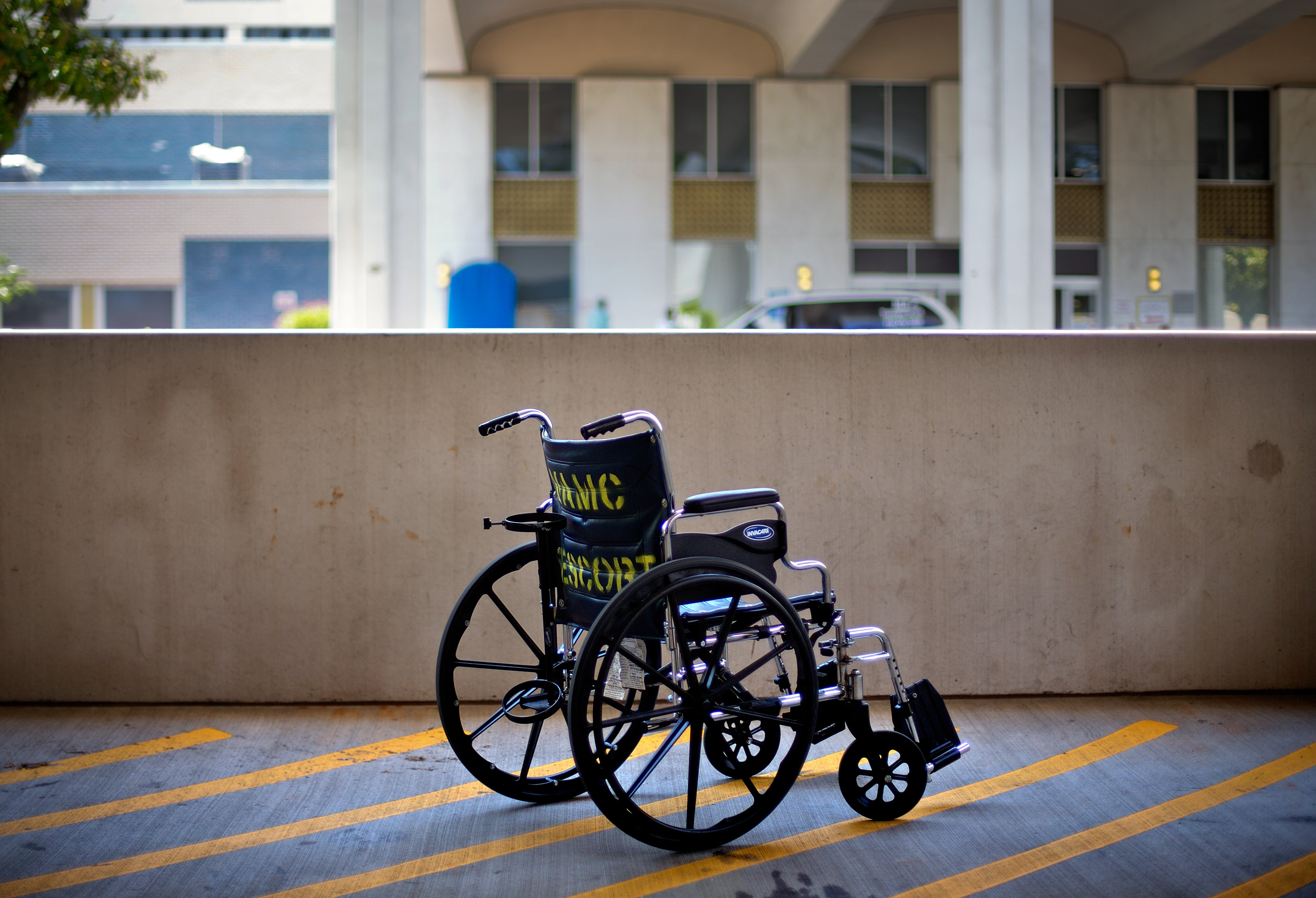As Category 4 Hurricane Laura barrels full-steam towards the Gulf Coast, residents are preparing to be battered by the system, which is expected bring 140 mile-per-hour winds and an “unsurvivable” 20-foot surge of flooding Wednesday night.
She comes on the heels of Tropical Storm Marco, which made landfall on Aug. 24.
The coasts, however, are still deep in the midst of hurricane season, which runs from June 1 to Nov. 30, so more storms may still be yet to come. There are, however, simple steps coastal residents can take to maximize survivability.
“I always tell people that 90 percent of surviving a disaster scenario is preparation, is what you do before you hear that there is a hurricane coming,” former Navy SEAL and survivalist podcaster Cade Courtley told Military Times.
Prepare yourself
“Think about everything you would possibly need you and your family for five to six days,” Courtley said. “You know you can go several weeks without food but you can only go a few days without water.”
Conventional wisdom says that bottled water and canned food are wise purchases to make in advance of a storm.
“There are the obvious things, potable or clean drinking water, non perishable food,” Courtley noted, “but other things people don’t think about is maybe you’re on a life-sustaining prescription medication.”
He advises that those in the path of a hurricane think outside the box about things that might be needed.
“Go to your doctor and say, ‘Hey, can I get an extra couple weeks of this just to have?’” he added.
He also suggested residents consider things like investing in a transistor radio so you can continue to get information about what is happening with storm, keeping cash on hand, and ensuring that valuable documents are safely stowed in an easily accessibly way that can’t be damaged in case evacuation is necessary.
Evacuate when you’re told
“Listen to the advice you’re being given by your local officials,” Courtley said. “If they say it’s time to leave, you need to leave.”
He advises keeping your car topped off with gas and having multiple evacuation routes planned, as bottle-neck situations can arise and become dangerous.
And on the question of staying, Courtley notes, it’s better to be safe than sorry.
“It shouldn’t be any ego thing by any, by any means, so listen to the advice you’re being given by the experts — they’re not doing it just for fun, they’re doing it for your safety,” he said. “If you do stay, you are potentially compounding the problem for people who are going in to try and help. They’ll have a much heavier load because there are that many more people they need to try and rescue.”
Treat it like a warzone
A hurricane, much like a war zone, can create dangerous situations that can prove deadly.
“Just imagine, ‘OK, I’m in the middle of a field in a war zone, what might I need to try and survive through this?’” he said.
Courtley also encouraged those caught in the midst of a storm to adopt a survivalist mindset of never giving up and always looking to get to the high ground.
As Laura bears down, military efforts are underway to provide aid. Three thousand Louisiana and a thousand Texas National Guard activated in preparation for the storm’s landfall.
The Air Force also made efforts to evacuate the 403rd Wing aircraft in advance of the storm.
“We are moving aircraft as a precautionary measure ahead of these storms for two reasons,” said Col. Jeffrey A. Van Dootingh, 403rd Wing vice commander said in a statement. “First, to protect the aircraft from damage, and second, so we can continue to fly storm reconnaissance missions.”
It’s worth noting as well that Laura comes just two days before the 15th anniversary of Katrina, the Category 3 Gulf Coast system that infamously rocked Louisiana to its core on Aug. 28, 2005. Parts of the state still have yet to recover.
Sarah Sicard is a Senior Editor with Military Times. She previously served as the Digitial Editor of Military Times and the Army Times Editor. Other work can be found at National Defense Magazine, Task & Purpose, and Defense News.





